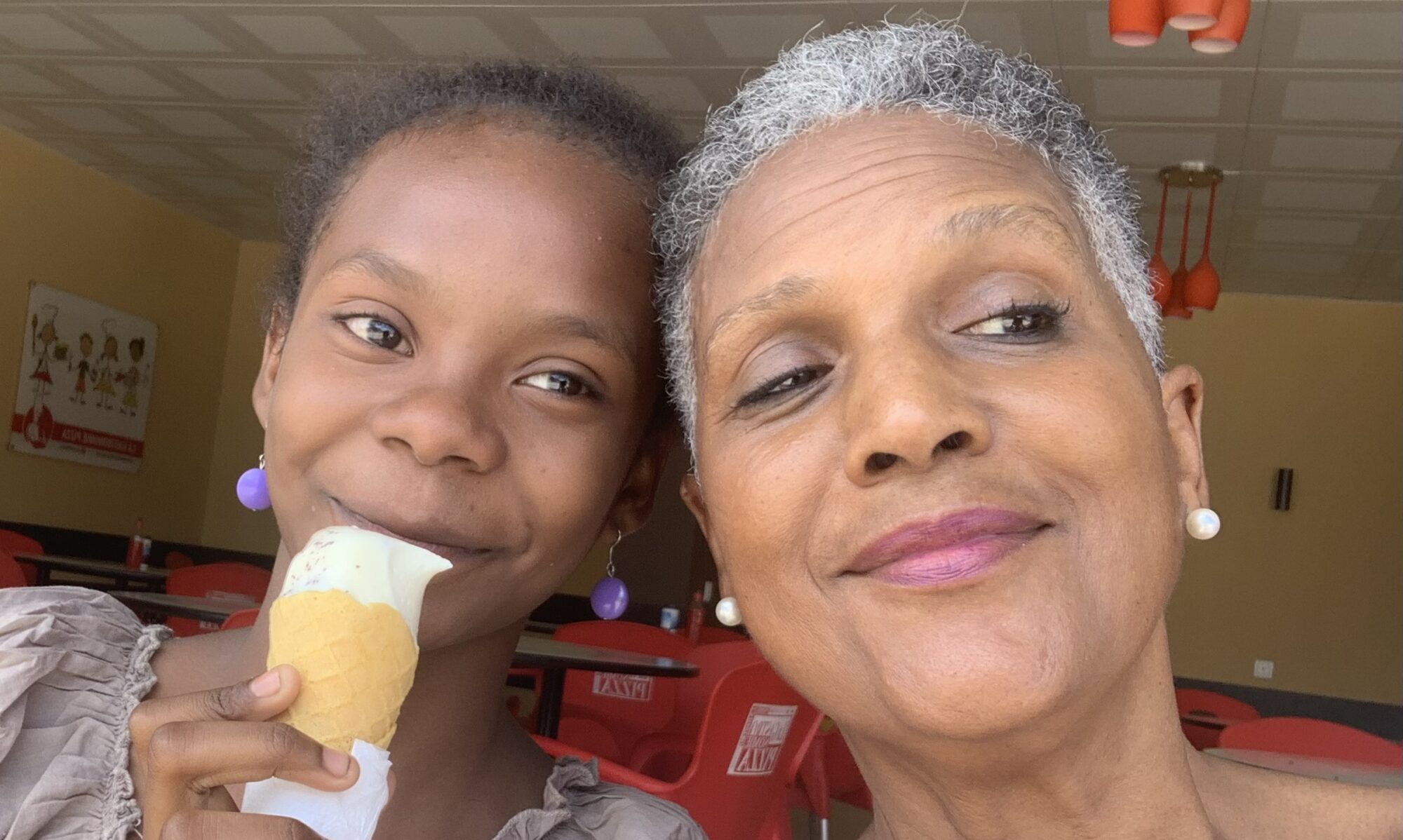My name is Lisa B. Lee, but pretty much everyone in Madagascar refers to me as “Mama Leeza,” a monicker I picked up in 2017 when I spent two years here with the Peace Corps teaching English to some truly amazing Malagasy kids and young adults.

I joined the Peace Corps at the age of 60, a dream I’d carried all my life ever since I saw my first Peace Corps commercial way back in 1964. I’d always envisioned myself living out in the bush somewhere, digging ditches or planting trees, but when I joined Peace Corps, I didn’t even apply for the Agriculture program because I had no real experience other than my personal gardens. Instead, they put me in their Education program where I taught English in two cities (Mahajanga, West coast, and Mahambo, East coast), to children as young as kindergarten, and as old as 10th grade. It was an amazing, life changing experience that allowed me to finally begin to live the simpler life of which I’d often dreamt. Once I sold my home in the Oakland, CA hills, and gave away or sold all of my worldly possessions, I left the States in June 2017 with two huge suitcases full of “stuff,” most of which I didn’t need and never used.

My first assignment was at the Ridvan School in Mahajanga, a privately-owned elementary school (K-5), and I lived on the school site in a small metal building, with a metal roof. Mahajanga is the hottest city in all of Madagascar, and I would like on my bed in the afternoons, baking, hearing my apartment make the same noises my oven makes when preheating. To say it was hot doesn’t begin to express what it was like. Thankfully we had electricity, so I was able to run a floor fan, but blowing hot air around my tiny studio apartment provided little relief.
It was at Ridvan School that I first started caring for animals, cats and dogs. My neighbor’s cat adopted me, deciding she preferred my home, and despite my efforts to disuade her, she moved in, and within a few months, gave birth to three delightful kittens. There were also several owned and stray dogs who hung around, and being the animal lover I am, I started sneak-feeding four of them every evening. I had to sneak-feed them because in much of Madagascar, dogs are reviled, believed to be demonic, and if the wrong person saw me being kind to a dog, it’s very possible the animal would be poisoned, stabbed, or strangled. I’ve seen ALL of these things in the past few years I’ve lived here. I try my best to educate people about dogs, to respect them, not fear them, but the cultural norms are far stronger than anything I can tell them. Even my Peace Corps host family, who owned two of the dogs I was feeding daily, I had to hide it from them, too, because they felt that the food I was providing the dogs was too good for dogs. In the end, they found out I was feeding the dogs, but I continued to feed them surriptitiously, even though I knew THEY knew, just out of respect for them.










































